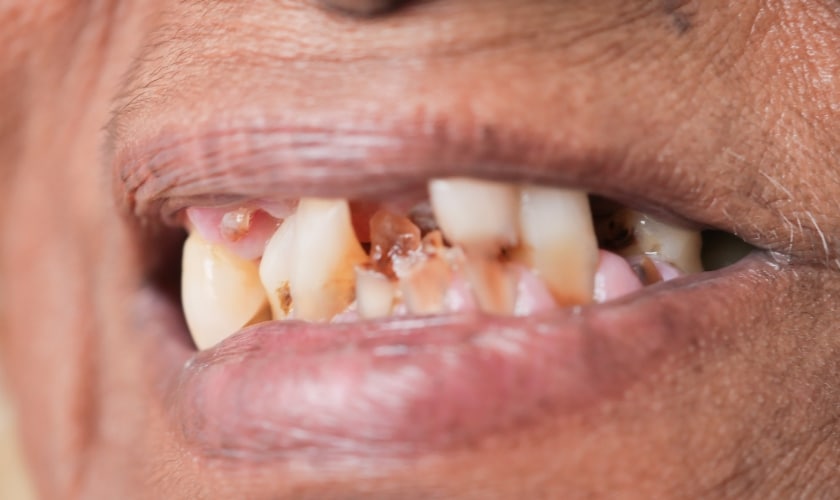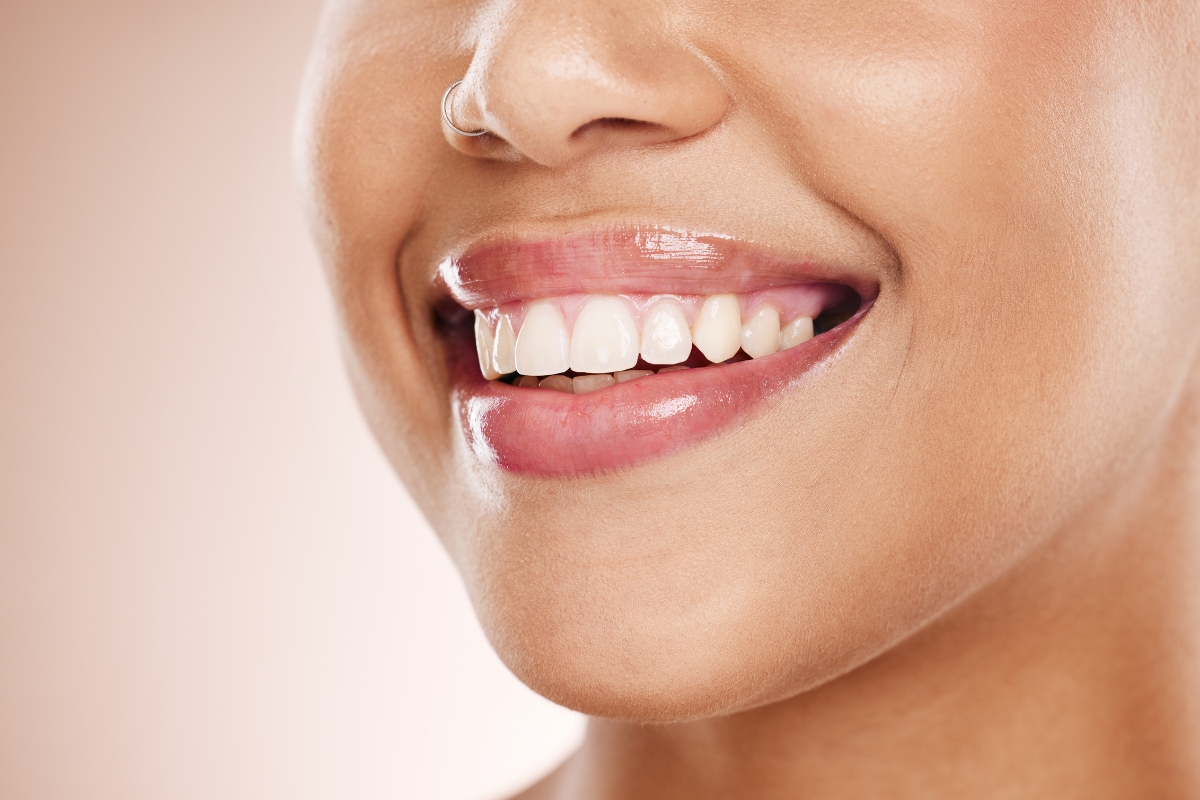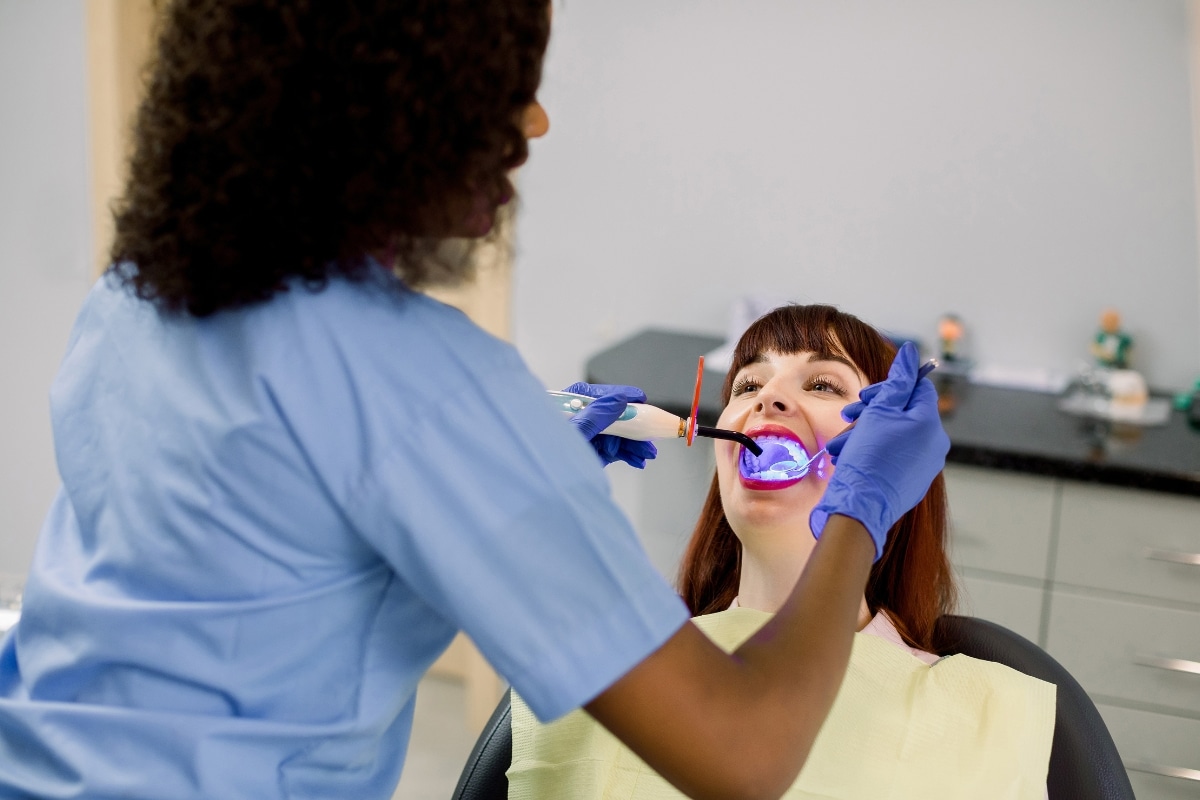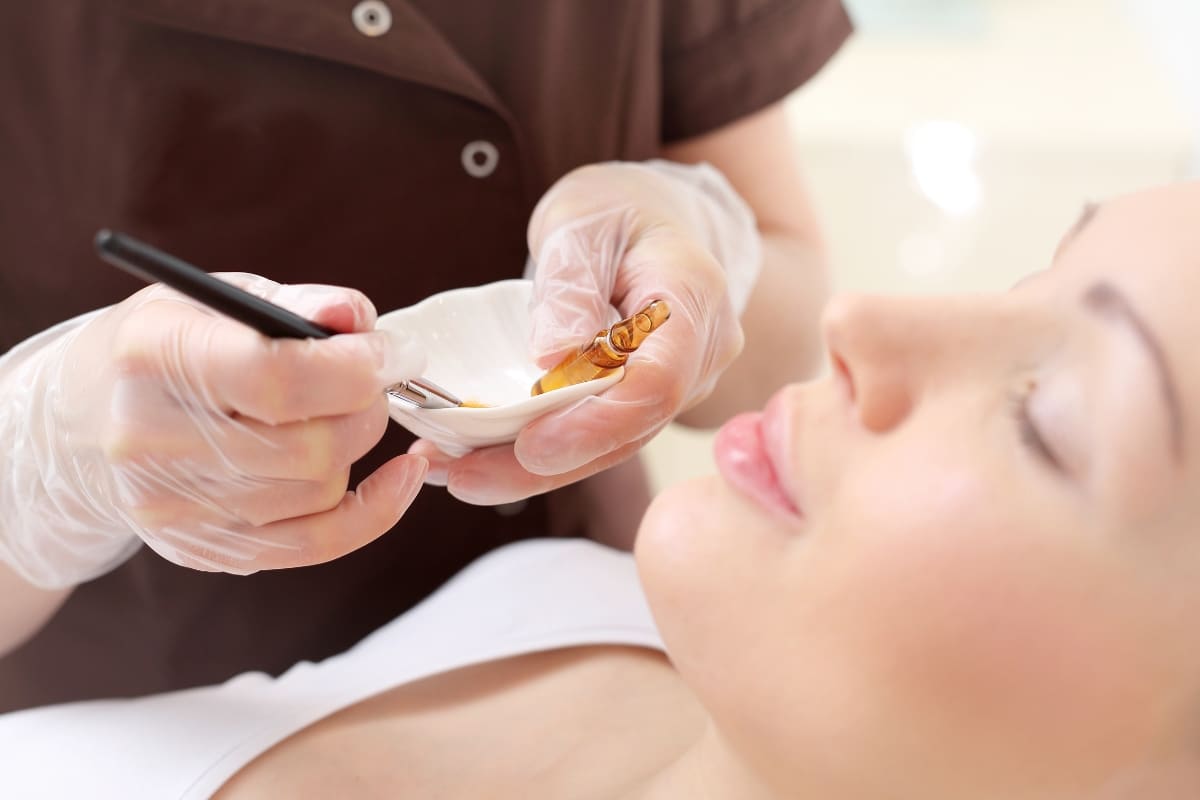Can Damaged Teeth Be Restored?

Damaged teeth can affect both your smile and overall oral health. From minor chips to severe decay, dental issues can cause discomfort and insecurity. Fortunately, modern dentistry offers numerous solutions to restore damaged teeth. One effective option is porcelain crowns. These restorations are not only functional but also pleases the aesthetic vision.
In this blog, we will explore various methods to repair damaged teeth, focusing on the benefits of porcelain crowns Havertown. We will also go through the various steps involved in the restoration process, ensuring you have a complete understanding of how to regain your confident smile.
Types of Tooth Damage
- Chipped or Cracked Teeth
- Minor chips can usually be repaired with dental bonding or veneers. For more extensive damage, a porcelain crown may be necessary.
- Cracks that extend into the root can require a root canal before placing a crown.
- Tooth Decay
- Cavities are a common issue that can weaken teeth. Fillings are often used to restore small areas of decay.
- For extensive decay, a crown provides the necessary strength and protection.
- Worn Down Teeth
- Teeth can wear down due to grinding (bruxism) or acid erosion. Porcelain crowns can restore the natural shape and function of worn teeth.
Porcelain Crowns: A Comprehensive Solution
- What Are Porcelain Crowns?
- Porcelain crowns are custom-made caps that cover damaged or decayed teeth. They resemble the appearance and function of natural teeth.
- These crowns are durable and long-lasting, making them a popular choice in Havertown.
- Benefits of Porcelain Crowns
- Aesthetic Appeal: Porcelain crowns blend seamlessly with natural teeth, providing a natural look.
- Strength and Durability: They offer robust protection for damaged teeth, preventing further issues.
- Comfort: Porcelain crowns fit comfortably over existing teeth, allowing normal eating and speaking.
The Process of Getting Porcelain Crowns
- Initial Consultation
- Your dentist will monitor your teeth and discuss the best restoration options.
- If porcelain crowns are recommended, impressions of your teeth will be taken.
- Tooth Preparation
- The damaged tooth is then shaped to accommodate the crown. This means removing a portion of the tooth structure.
- To make a crown that fits perfectly, an imprint is obtained.
- Temporary Crown
- A temporary crown is put in to protect the tooth while the permanent one is being made.
- This ensures you can eat and speak normally during the waiting period.
- Fitting the Permanent Crown
- Once the permanent crown is ready, it is fitted and adjusted for a perfect fit.
- The crown is then cemented into place, restoring the tooth’s function and appearance.
Caring for Your Porcelain Crowns
- Maintain Good Oral Hygiene
- Brush and floss regularly to keep your crowns and surrounding teeth clean.
- Use a toothpaste that isn’t too harsh to prevent scratches on the porcelain surface.
- Regular Dental Check-ups
- Visit your dentist on a regular basis to ensure your crowns and natural teeth remain healthy.
- Cleanings by professionals prolong the life of your crowns.
- Avoid Hard Foods
- While porcelain crowns are durable, they can still be damaged by hard foods.
- Avoid chewing on ice, hard candies, and other tough items.
Other Restoration Options
- Dental Bonding
- Suitable for minor chips and cracks. To fix the injury, a tooth-colored resin is molded and applied.
- Veneers
- Thin shells of porcelain or composite resin cover the front surface of teeth. They are ideal for improving the appearance of slightly damaged teeth.
- Dental Implants
- Implants provide a permanent solution for severely damaged or missing teeth. A titanium post is implanted into the jawbone, and a crown is then attached to it.
Restoring damaged teeth is essential for maintaining both oral health and a confident smile. Porcelain crowns Havertown are an excellent option for those seeking a durable and natural-looking solution. They offer numerous benefits, from aesthetic appeal to strength and comfort. If you’re in Havertown and considering tooth restoration, porcelain crowns might be the perfect choice for you. Consult with your dentist to determine the best approach for your specific needs. With the right treatment, you can enjoy a healthy, beautiful smile once again.
Frequently Asked Questions
With proper care, porcelain crowns typically last between 10 to 15 years. Their longevity depends on factors like dental health, the crown’s location, and whether you grind your teeth. Regular dental check-ups and avoiding hard foods can help extend the life of your crowns.
Yes, porcelain crowns can be customized to match the color, shape, and size of your natural teeth. Dentists use advanced technology to create a crown that blends seamlessly with your existing teeth, ensuring a natural and aesthetically pleasing result.
After receiving a porcelain crown, it’s best to avoid sticky, hard, or very hot foods that could damage the crown. Additionally, refrain from chewing on non-food items like pens or ice. Maintaining a good oral hygiene and visiting your dentist frequently will help ensure the crown remains in good condition.
Caring for porcelain crowns involves regular brushing and flossing so your teeth and gums remain healthy. Use non-abrasive toothpaste and a soft-bristled toothbrush to avoid damaging the crown. Regular dental check-ups will also help review the condition of your crowns and surrounding teeth.
Yes, there are alternatives to porcelain crowns, including dental veneers and composite resin fillings. Veneers are thin shells placed over the front of the teeth for cosmetic improvements, while composite resin fillings are used for smaller repairs. Your dentist can recommend the best option based on the extent of the damage and your specific needs.
Recent Posts

Why Won’t My Teeth Stay White? Dr. Maconi on Maintenance for Havertown Residents

What Happens if You Delay Filling a Cavity? Dr. Maconi on Preventing Root Canals

What Home Care Tips Can Help Relieve TMD Discomfort in Havertown?

Minimizing Sensitivity: Why Professional Teeth Whitening Treatment is Safer Than DIY Kits


